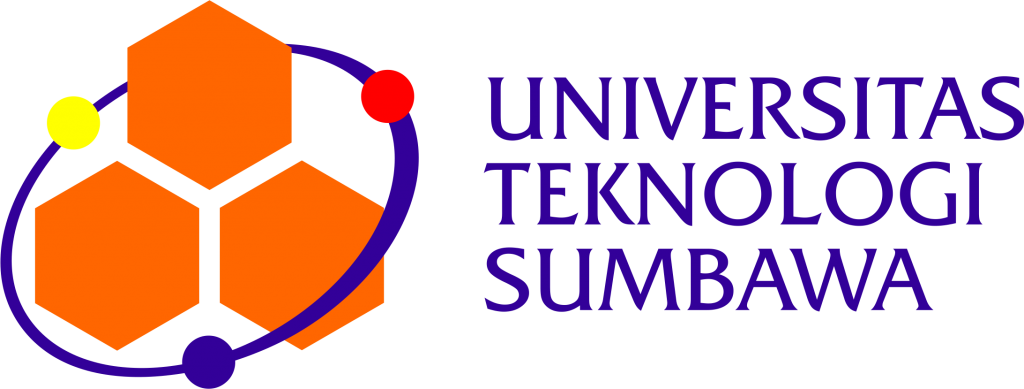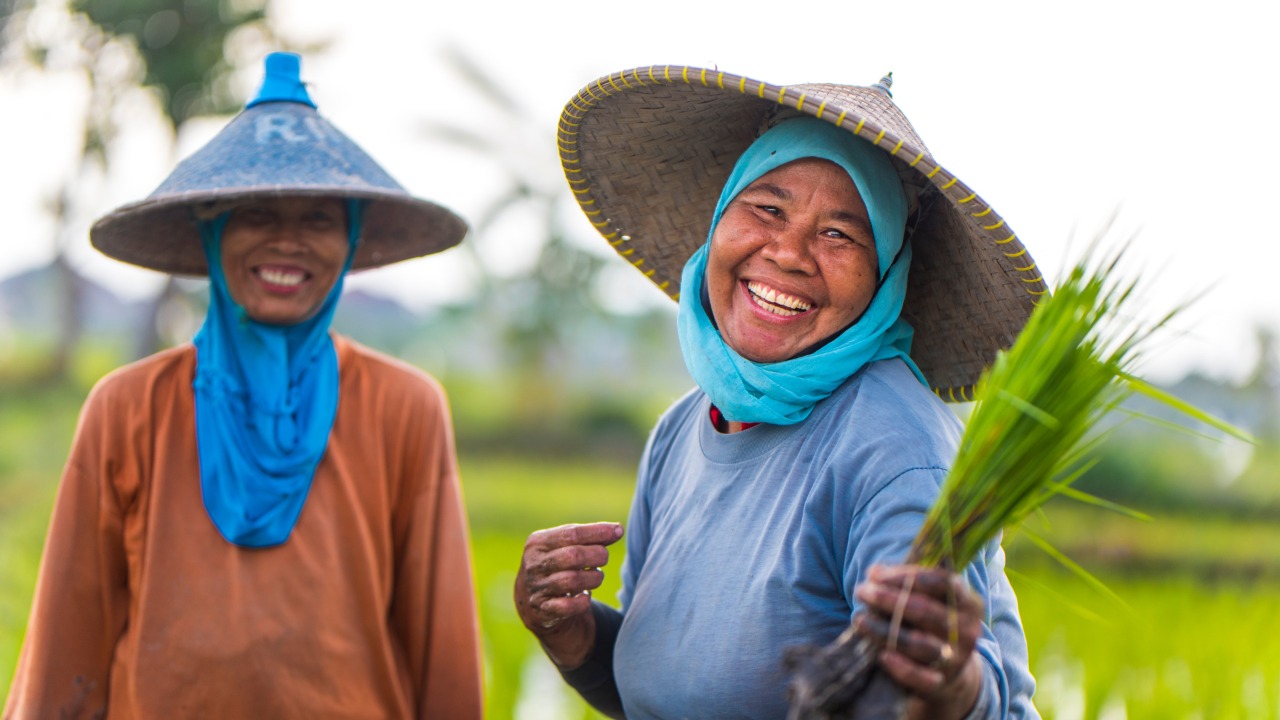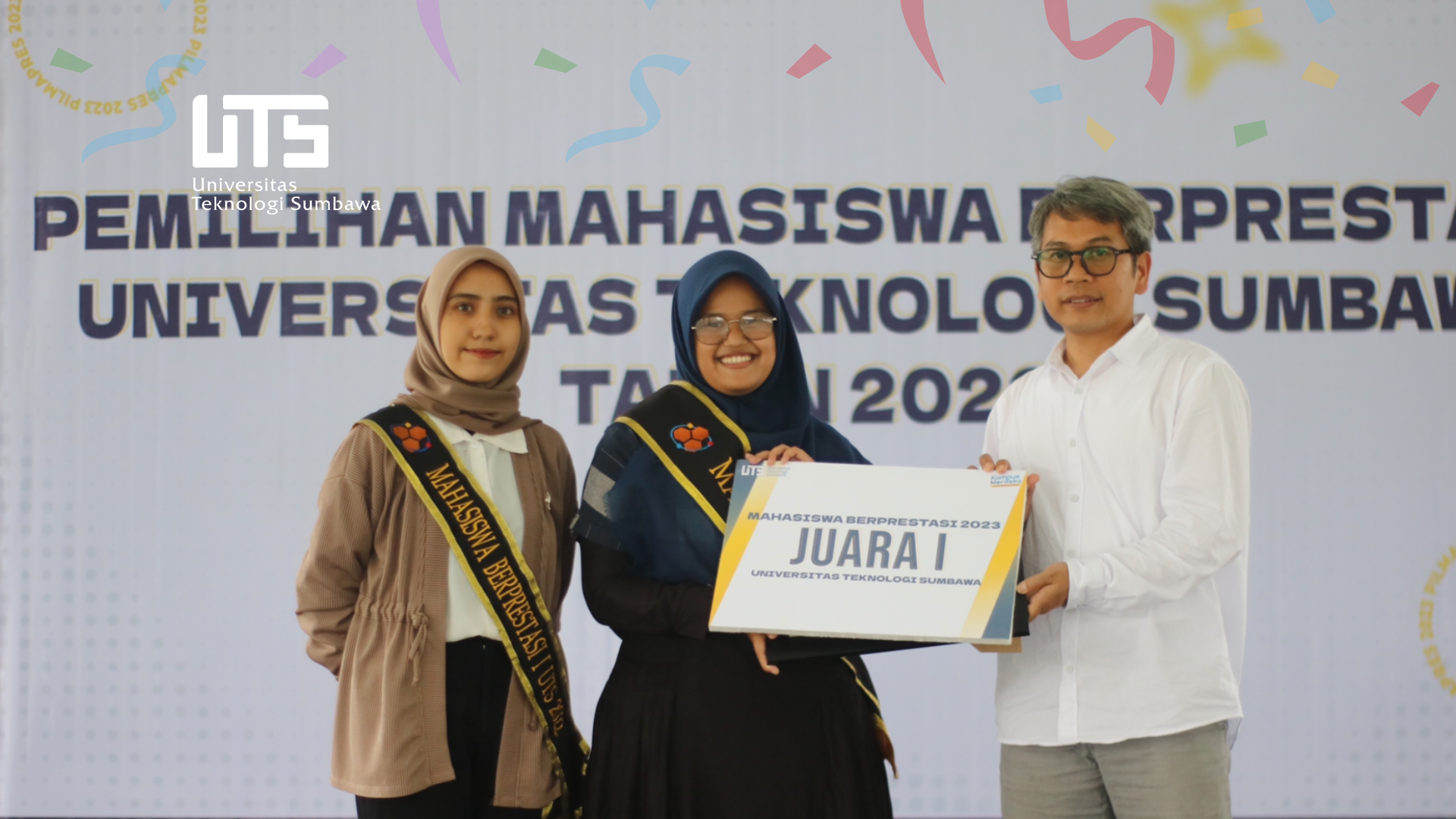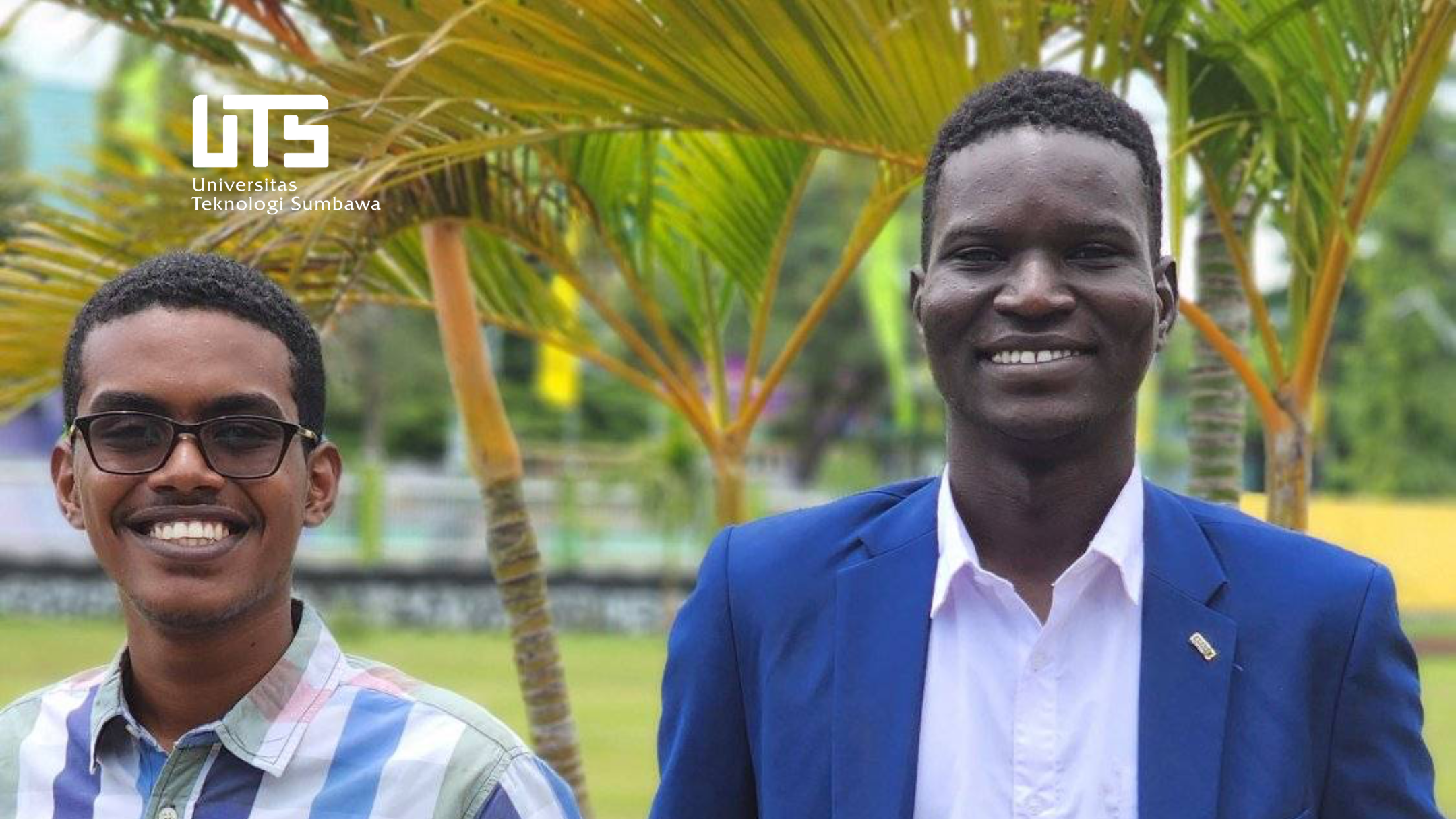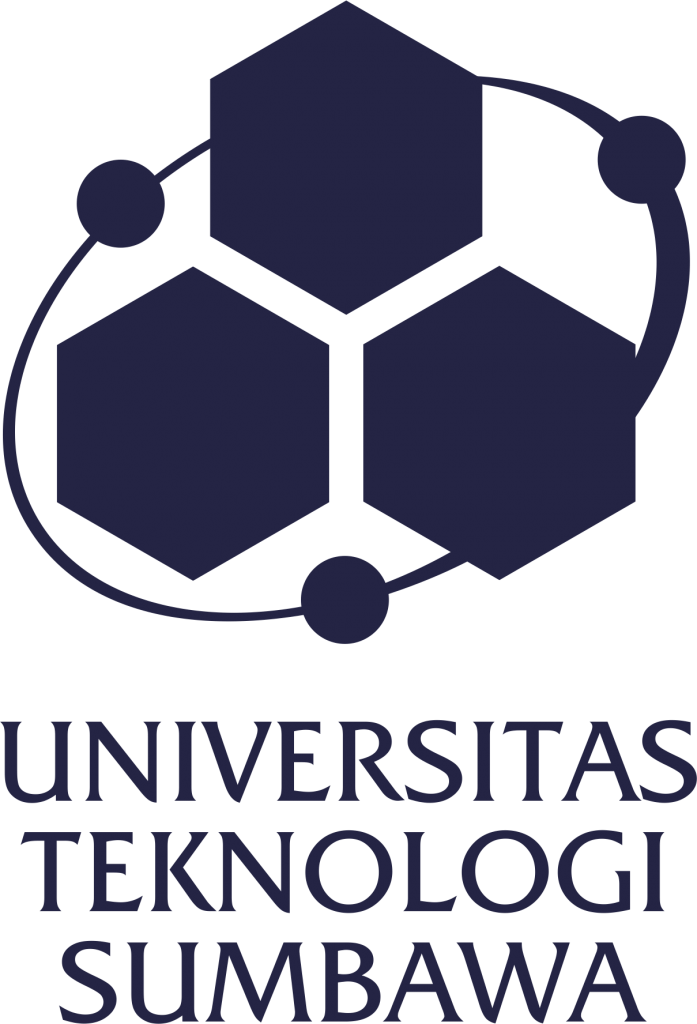Universitas Teknologi Sumbawa (UTS) allocates its endeavor not only to create a global atmosphere through international partnerships but also to be relevant to local challenges unique to West Nusa Tenggara through collaborations with local communities and institutions in community empowerment programs. Related to sustainable development and women’s empowerment, it collaborates with Yayasan Kebon Sepatu (YKS), active on Lombok and Sumbawa, to strengthen women in tourism development-impacted areas by including them in the fast-growing tourism in the region through stimulating and supporting sustainable home-industries. YKS developed a program to train women and youth of the village to produce crafts with local resources, demanded by the world’s market, and carries a message of empowerment and an eco-friendly lifestyle. YKS collaborates with MASATA (Masyarakat Sadar Wisata) of Central Lombok regency to strengthen local community participation in tourism development through improving human capital in the tourism area, increasing awareness of environmental sustainability, encouraging participating villages towards eco-tourism, and introducing innovation to the micro and small enterprise at the grassroots level. As a pilot, YKS works with the women and youths in Karang Sideman Village in Central Lombok in the handmade production of cutleries made of bamboo and coconut logs.
Karang Sideman village, one of the Tahura (Taman Hutan Rakyat) spots on Lombok is a bamboo producer. Using the innate craftsmanship culture of Lombok people, they were trained to produce various bamboo products, not only limited to cutleries but also other crafts demanded by national and international markets. Other than increasing the opportunity for local people to tap benefits from tourism growth, this promotes and advocates a sustainable way of living for the customers. Synchronizing these potentials and the existence of the Tahura through empowering the craftsmanship communities will lead to increased awareness of local people to participate in environmental preservative measures. Consequently, it will increase tourist visits and thereby increase the local people’s income.
Impacted by the Covid-19 pandemic their production decreased due to the market disconnection. YKS stepped in to help them in connecting with new markets. As a partner, working side by side with YKS, UTS connects those products with the potential markets within its networks. UTS has been using these products as an official representation gift for partnering organizations in Indonesia and overseas aiming to support the empowerment of women as valuable artistic crafts producers. In the recent visit of the UTS rector to the USA, the products were well received by prominent USA organizations.
Inspired by these initiatives, YKS and UTS aim to duplicate this empowerment program by training people in Marente Village in Sumbawa as well as Moyo Island, two areas where the university partners with village administration and a community-led eco-tourism site. Supported by UTS, the local communities in both places are expected to tap the benefit of the initial phase of tourism growth in Sumbawa to give advantages to the local crafts and local players. Aiming to introduce bamboo as a sustainable material, UTS and YKS will start to work with farmers in Moyo Island to plant bamboo so that the material for production can be sourced locally and at the same time socialize the use of Bamboo for a wider variety of purposes such as buildings and ships. This can be an alternative to timber use that is harmful to forest sustainability. This initiative will also support the promotion of Sumbawa through products that carry a message of women’s empowerment and sustainability all over the world.
